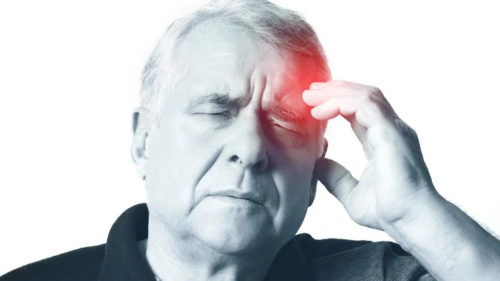Stroke: A Medical Emergency
Every day, all over the world, nearly 14, 000 people die of strokes. Strokes may occur in individuals as young as 19 years of age and as old as 90.
Let us try to understand what a stroke is.
What Is A Stroke
The human brain needs a constant supply of oxygen to function optimally. Oxygen is brought to the brain by a supply of oxygen-rich blood.
If the blood supply to the brain gets hampered, the brain stops functioning properly. In fact, if the blood supply to the brain is hindered for more than just a few minutes, brain cells start dying. Such a condition is defined as stroke. In simple words, a stroke occurs when the blood supply to the brain gets restricted and the brain cells begin to die from a lack of oxygen.
Strokes are broadly divided into two types:
1. Ischemic strokes
2. Haemorrhagic strokes
Ischemic Strokes
80% of stroke occurrences are of the Ischemic type. An Ischemic stroke involves a direct lack of blood flow to the brain which results in a restricted supply of oxygen as well as essential nutrients to the brain cells. A common cardiac reason for an Ischemic stroke is abnormal or irregular rhythm of the heart. This causes turbulence in blood flow which in turn causes clots to break off and get carried away to the blood vessels of the brain; the vessels get blocked due to clot accumulation and blood supply to brain gets restricted. Other risk factors that may promote the occurrence of a stroke are high cholesterol, high blood pressure, diabetes, smoking habits and even genetic history.
Haemorrhagic Strokes
In a Haemorrhagic stroke, blood vessels burst causing bleeding in the brain or in the spaces around the brain. Uncontrolled high blood pressure is the most common cause of such a stroke. Over a long period of time, high blood pressure weakens the smaller arteries of the brain and eventually causes the arteries to rupture. A person suffering from a haemorrhagic stroke sometimes experiences a sudden onset of a very severe headache. If a person with no known history of frequent headaches suddenly complaints of an acute headache, a stroke is likely to have occurred.
Identifying Strokes & Responding Quickly
Common symptoms of a stroke are sudden weakness in the face, arms and legs, loss of vision and trouble with speech. A simple mnemonic to remember these symptoms is FAST:
F – weakness in the Face
A – weakness in Arms
S – difficulty in Speech
T – Time, call an ambulance right away
Stroke is a medical emergency and immediate response is crucial for a stroke victim. Every second counts in such a situation because brain cells continue to get damaged until medical help arrives. Hence, T, which stands for Time, indicates the need for speedy response.
Conclusion
If anyone around you shows the symptoms of a stroke, take the person to the closest hospital or call an ambulance right away. When dealing with a stroke, it is imperative to always remember – more the delay, more the damage and lesser the chances of recovery.
Disclaimer: This content including advice provides generic information only. It is in no way a substitute for qualified medical opinion. Always consult a specialist or your own doctor for more information.

